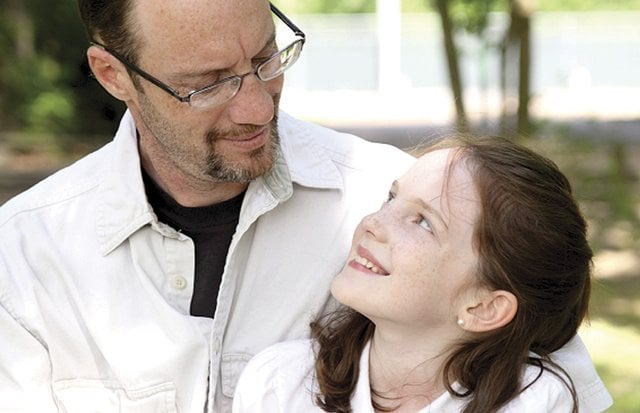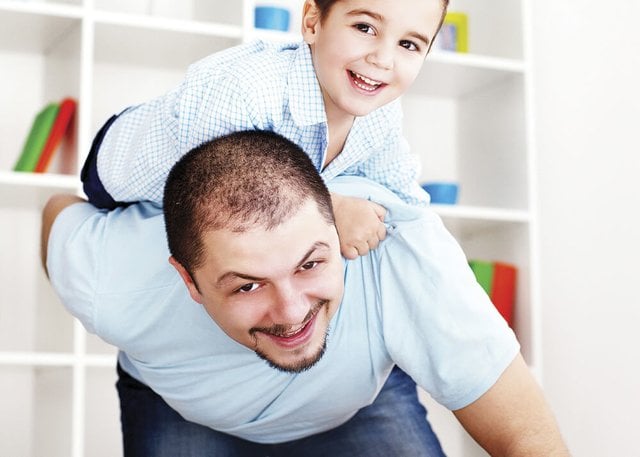There are a lot of good ways to use humor, laughter, and fun. The best ways are those that teach your children a lesson while having fun. If you have children under the age of 10, use these fun ways to teach them lessons.
Reverse Psychology
In a happy and playful way, ask your children to do what you don’t want. For example, you say, “Okay, I don’t want anyone to get ready for bed. Just sit there and don’t put your PJ’s on. I bet none of you can beat me up the stairs and get ready for bed before I come back!” You make it fun by walking away for a few minutes and watch your children try to beat you up the stairs. Let your children win!
Fooler Approach
This approach fools your children into learning the right thing to do. For example, you say, “I bet I can fool you guys. I bet nobody can brush their teeth by themselves. You guys can’t do it!” Or you say, “I bet nobody knows our family rule about sharing. But I know it! Keep things to yourself and don’t share. Right?” Of course, your children yell, “No! We’re supposed to share!” You then say, “Well, I sure couldn’t fool you kids!” Your children will love this game because they get to tell you that you’re wrong.
Talking Objects
Act like an object that talks to get your children to do something or to teach them a lesson. For example, you act like the bathtub and say, “Hey Jessie! It’s time to jump inside me and get nice and clean.” Or, you act as a piece of fruit and say, “No, no don’t eat me now. Eat me after supper!"
If you can’t or rarely see your children, you can still use humor, laughter, and fun. You just have to be creative. For example, find a funny movie, or video on YouTube, and tell your children to watch it. Then talk about it the next time you talk, email, or text.





















